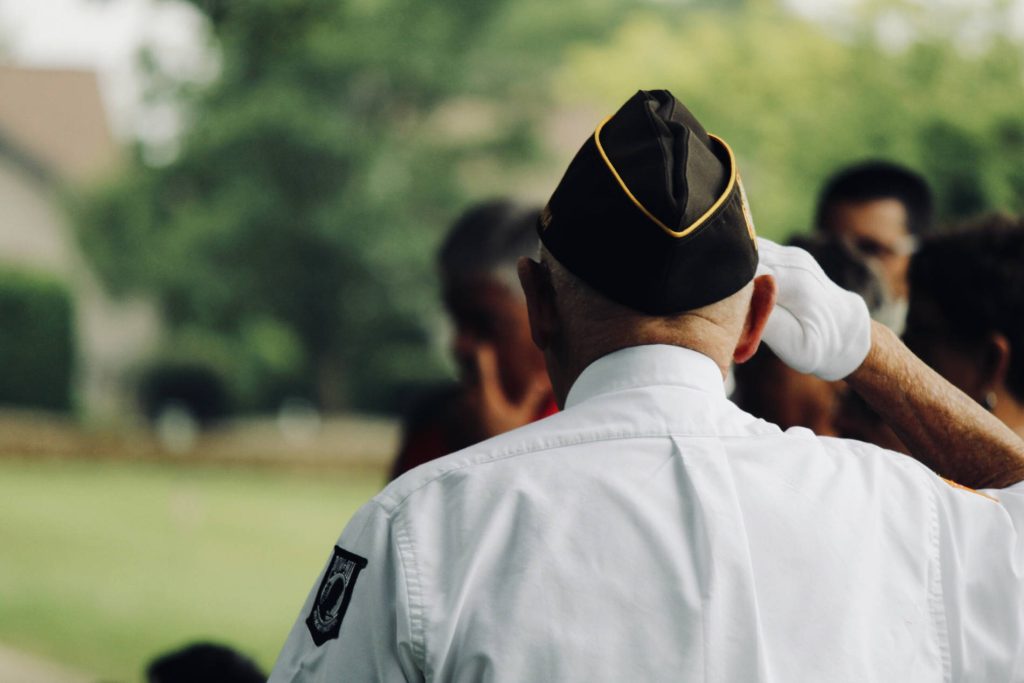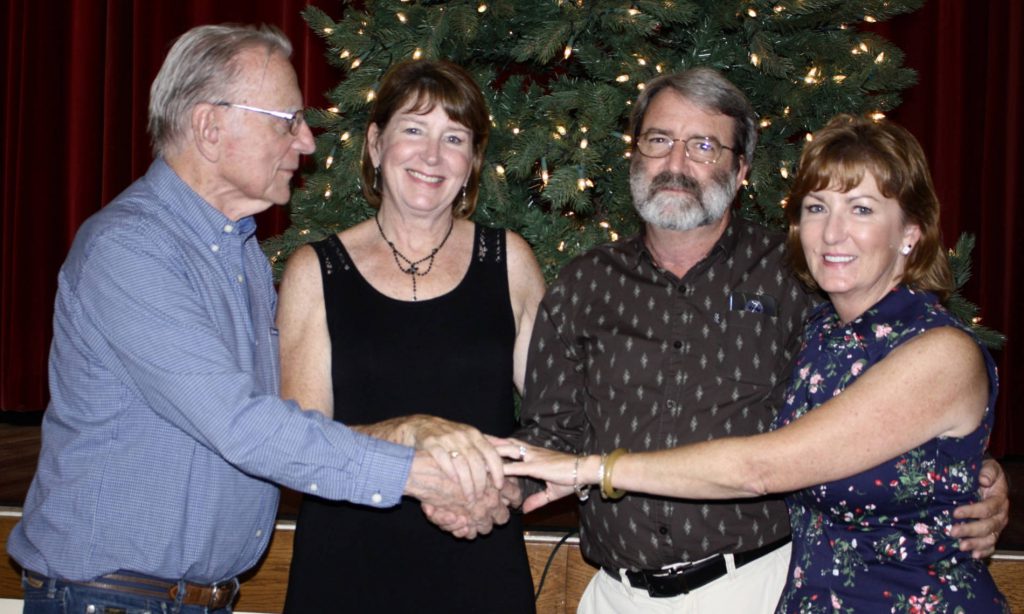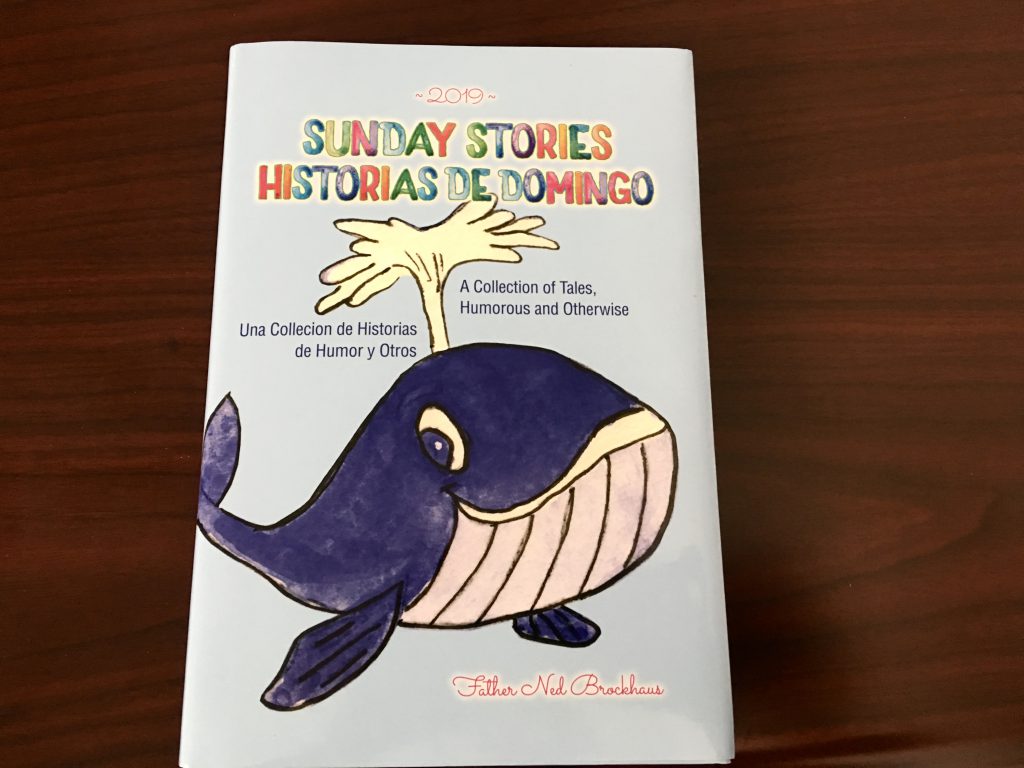By Father Charles “Chuck” Fuld
A few weeks ago, I was invited to give a presentation at a men’s retreat sponsored by the Knights of Columbus of St. Gabriel Church in Poway to be held at Prince of Peace Abbey in Oceanside. The theme was “Resurrection: Our New Lives of Faith, Family and Friendship in the Post-COVID World.” In the process of preparing my talk, I found new elements of the “resurrection” I had gone through years before — only I never thought of them in such terms.
I recognized that this pandemic was not as unusual in our history as we have made it out to be. I discovered a list of previous plagues that somehow we had overcome, including smallpox, typhoid, flu, polio, measles, whooping cough and AIDS/HIV. All of them took countless lives and shook our way of life.
My story was also one of shock and hurt due to a great loss.
In September of 1969, I was a career U.S. Navy officer. I was the Executive Officer of the USS Dubuque, an amphibious assault ship and flagship for the Amphibious Forces of the Pacific Fleet, home-ported in San Diego. The Vietnam War was still going on and that ship was getting ready to deploy there in a few weeks.
About that time, my wife suddenly became ill and despite all the visits to hospitals and doctors, the illness could not be identified. My ship’s medical officer concluded that it was probably a case of “pre-deployment anxiety,” common among Navy wives when their husbands were about to leave on an extended assignment. What could I do? I seriously considered asking for a reassignment, but that would have been a significant blow to the ship’s staff.
Then, one night, she died.
Yes, my 35-year-old wife, the love of my life and the mother of our three young children suddenly was gone. What happened? What was I to do? How was I to deal with all the hurt, anger and confusion I felt? What would be the lasting effect on my children?
I don’t remember the next few days very well as I went through the motions of preparing for my wife’s funeral and answering all the questions. My kids, for example, had never heard of “a mom dying.” And my mother-in-law seemed to think that I was keeping some dark secret from her.
So, I decided to deploy with my ship. First, I took my kids to live with their aunt and uncle and grandparents in New York City while I was gone.
Onboard ship, I did my Navy job as best I could. I didn’t sleep much. I wrote to my kids just about every day. Meanwhile, I could tell that my skipper was going out of his way to help me. He was my boss, but also my mentor and dear friend.
And then, another death occurred!
My skipper’s dad died. Things suddenly changed. I found myself tending to him and to his hurts and less to mine.
Once the deployment ended and the ship returned to San Diego, I flew back to New York, thanked everyone, picked up my kids and returned to our home in Nestor, in southern San Diego. I got the kids back into St. Charles School and tried to get things going as “normal” as possible.
About that time, I got myself reassigned to the Naval Amphibious Base at nearby Coronado so that I could spend evenings and weekends with the kids.
It was when my son expressed a desire to become a Boy Scout that I got involved in Scouting with St. Charles’ Scout troop. Next thing I knew, I became the Scoutmaster. I had never been a Scout, so I had to read the “Scout Handbook” on what to do. My son eventually became an Eagle Scout.
I found myself working with Father Tim Harnett, the pastor of St. Charles, and Father Joe Carroll, who led Catholic Scouting in San Diego at the time. They were two great guys and exemplary priests. Gradually, I found myself drawn back into the Church I had rejected years before.
Over time, my family dynamics began to change. The kids started dating, getting married and having a career of their own. And I retired from the Navy. The question came up: What should I do afterward? That’s when the idea of becoming a priest first surfaced.
Are there such things as widower priests? Yes. Would the San Diego Diocese consider the possibility? Bishop Leo T. Maher said, “Yes!” In 1982, I entered St. Patrick Seminary in Menlo Park and, four years later, I was ordained a priest at the age of 52.
By the end of this year, I will have completed 89 years of life, 22 years as a Naval officer, 63 years as a dad, 53 years as a widower and 36 years as a priest.
So, what’s my “resurrection” story?
When my wife died, I thought that my life would end, too. I was hurt and angry at God and His Church. We had done nothing to deserve such a terrible blow. It seemed like the end of so many things. Fortunately, the Navy, my shipmates, my family and friends didn’t let go of me. It was priests like Fathers Harnett and Pat Mullarkey, my pastors at St. Charles Church, and “Father Joe” who worked with me (or put me to work) and kept pushing me. They made room for me, cared for me, and were there for God to help me find my way home.
The important thing is that, in my darkest hours, they left the door ajar for me so that the inner light was always there. I kept my contact with the Church (maybe because of my kids). They didn’t give up on me, and neither did God.
I honestly believe a “resurrection” is available to all of us, priests and laity alike. Sometimes, it takes something like a commitment to attend to, like a speaking engagement at a retreat, to see the possibilities more clearly.
At the end of my presentation at the retreat, I asked the men to tell their own story of “resurrection.” They shared quite a few.
Father Fuld is editor emeritus of The Southern Cross, which he led for 12 years.








